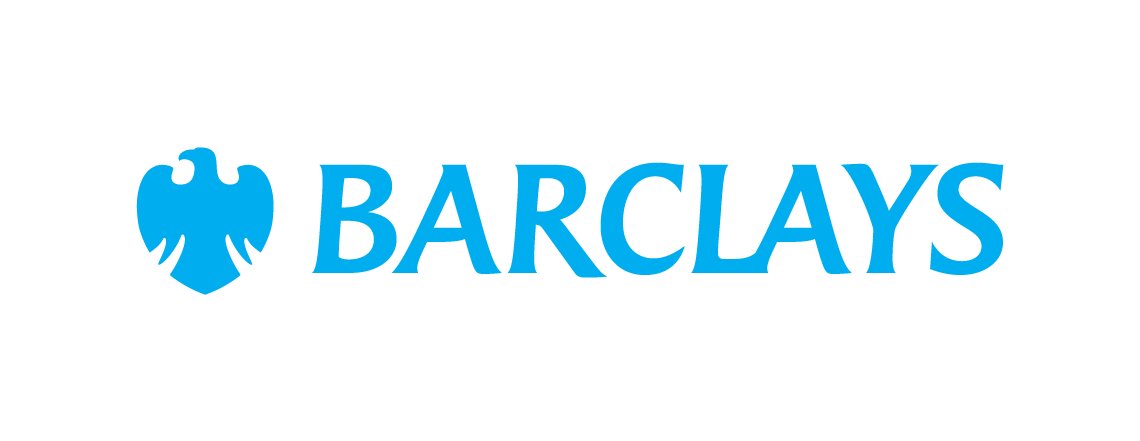The 5 Best Places for Retirees to Keep Their Cash
KEY POINTS
- Although they may not be sexy, high-yield savings and money market accounts are still a good way to protect your money while having easy access to it.
- If you don't expect to need the cash for some time, a certificate of deposit, treasury note, or fixed annuity may be more to your liking.
- There's no rule saying you can't spread your money out and take advantage of the account types that appeal to you most.
Money is a concern whether you've been retired for years or you're one of the roughly 4 million Americans expected to retire in 2025. Specifically, where can you keep your cash that is safe, easy to access, and earns interest? Here, we're highlighting five of the best options.
1. High-yield savings account
Interest rates may be on the way down, but that doesn't mean you should rule out a high-yield savings account. After all, it's all about staying ahead of inflation. The current rate of inflation in the U.S. is under 3%. As long as a high-yield account earns more than 3%, you're outpacing inflation, and your money retains its worth.
If you need help finding a savings account that earns enough to beat inflation, click here for some of our favorites.
2. Certificate of deposit (CD)
If you have a chunk of money you don't expect to need for a while, putting it into a CD is another easy way to protect your money. CDs can offer impressive rates while keeping your nest egg safe. And if you're concerned about locking your money into a CD for an extended period, there's no need to worry. CDs vary in length, from three months to 10 years, depending on the financial institution.
Our Picks for the Best High-Yield Savings Accounts of 2025
| Product | APY | Min. to Earn | |

American Express® High Yield Savings
Member FDIC.
APY
3.70%
Rate info
3.70% annual percentage yield as of April 17, 2025. Terms apply.
Min. to earn
$0
Open Account for American Express® High Yield Savings
On American Express's Secure Website. |
3.70%
Rate info
3.70% annual percentage yield as of April 17, 2025. Terms apply.
|
$0
|
Open Account for American Express® High Yield Savings
On American Express's Secure Website. |

CIT Platinum Savings
Member FDIC.
APY
4.10% APY for balances of $5,000 or more
Rate info
4.10% APY for balances of $5,000 or more; otherwise, 0.25% APY
Min. to earn
$100 to open account, $5,000+ for max APY
Open Account for CIT Platinum Savings
On CIT's Secure Website. |
4.10% APY for balances of $5,000 or more
Rate info
4.10% APY for balances of $5,000 or more; otherwise, 0.25% APY
|
$100 to open account, $5,000+ for max APY
|
Open Account for CIT Platinum Savings
On CIT's Secure Website. |

Barclays Tiered Savings
Member FDIC.
APY
4.10%
Rate info
Balances less than $250,000 earn 4.10%, and balances greater than $250,000 earn 4.30%.
Min. to earn
$0
Open Account for Barclays Tiered Savings
On Barclays' Secure Website. |
4.10%
Rate info
Balances less than $250,000 earn 4.10%, and balances greater than $250,000 earn 4.30%.
|
$0
|
Open Account for Barclays Tiered Savings
On Barclays' Secure Website. |
For example, you can check our favorite 6-month CDs here.
3. Money market account (MMA)
Rates on money market accounts remain impressively high. An MMA blends the features of checking and savings, paying interest on your balance while allowing fast access to your cash. Some even come with a debit card and check-writing privileges.
Depending on your bank or credit union, you can use your MMA to conduct everyday business, like paying bills online and withdrawing money from an ATM.
4. Treasury notes
Treasury notes are government-backed securities and are considered a safe haven for your money. Treasury notes are issued with maturities of two, three, five, seven, and 10 years and pay interest every six months. U.S. banks don't offer Treasury notes. Instead, you purchase them directly from TreasuryDirect.gov.
5. Fixed annuity
Fixed annuities are contracts with insurance companies that offer a fixed interest rate for a specified period. For example, you may earn a guaranteed 5% for leaving your money in the annuity for three years.
Fixed annuities provide extra retirement income, tax-deferred growth, and the potential to pass money on to your heirs. Most insurance companies require a minimum deposit of $5,000 to purchase an annuity, but they will sometimes lower the minimum if the deposit is made as part of an IRA.
Knowing where to stash your cash is an excellent way to lift one more concern off your plate and allow you to simply enjoy retirement.
Our Research Expert
We're firm believers in the Golden Rule, which is why editorial opinions are ours alone and have not been previously reviewed, approved, or endorsed by included advertisers. Motley Fool Money does not cover all offers on the market. Motley Fool Money is 100% owned and operated by The Motley Fool. Our knowledgeable team of personal finance editors and analysts are employed by The Motley Fool and held to the same set of publishing standards and editorial integrity while maintaining professional separation from the analysts and editors on other Motley Fool brands. Terms may apply to offers listed on this page. APYs are subject to change at any time without notice.